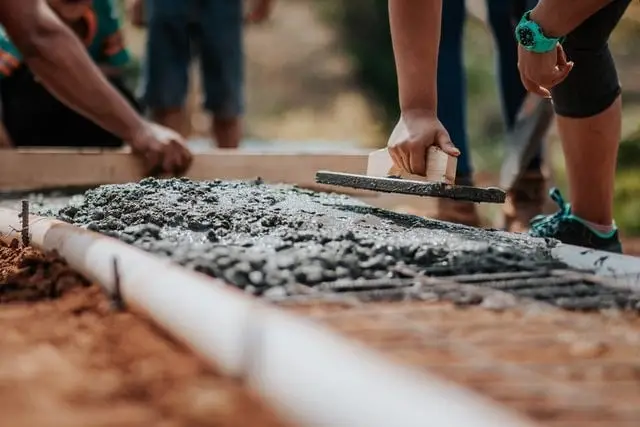A structural inspection, or foundation inspection, is an investigation into your home’s structure, the foundation upon which your home is built. They’re looking for cracks, bulging, mold, wood damage, and more. A foundation inspector is also building a report to outline if the structure is damaged and what repairs are needed.
Structural issues in homes are somewhat common. An estimated 25% of Americans will encounter structural issues. Of those, only 5% need major structural repairs. If you notice potential structural issues, it’s important to bring in an inspector. The costs to fix problems early are nothing compared to fixing a property when it’s becoming an emergency.
Small vertical cracks in the structure may not be an issue to concern yourself over. Large ones are. Horizontal cracks, especially if wider than a pencil, might even indicate an emergency. If you’re buying a home, your home inspector will look for indications of structural damage. They don’t go into detail for you — they’ll recommend a structural inspection.
How does a foundation inspection work?
A foundation inspection is more than a simple walk around the house, looking for cracks in the walls. A foundation inspector (sometimes called a structural engineer) is not only looking for problems with the foundation but also analyzes the underlying causes and potential repairs. This is the key difference between a foundation inspector and a home inspector. Home inspectors are generalists, and will recognize potential issues. They’ll refer you to the foundation inspector if they find something, as foundation repairs are a specialty.
A foundation inspector will look for areas of your house that bulge, as this can indicate an uneven structural load. They’ll look for water damage and cracks in the concrete. They’ll look for cracks in the walls or ceilings, uneven floors, jammed windows, and moisture or mold within a crawl space. They’ll check the pipes for leaks. Finally, they’ll also check the substructure supports to ensure they are level and there’s no buckling.
How much does a foundation inspection cost?
Your foundation inspector isn’t simply checking for damage. They are building a full report to ensure the foundation of your home and any needs it may have is fully understood. After all, the last thing you want is to fix only part of the issue. Costs largely depend on the size and complexity of the home, but they can range from $350 – $750 on the cheap side, or for something complicated, it can go as high as $3,000.
Who needs a foundation inspection?
Essentially, you’ll need a foundation inspection when something calls into question the safety of your foundation. The most obvious example of this is if your floor slants. If you set a ball anywhere in the home, and it rolls in the same direction, you have a foundational issue and need an inspection.
Signs of a foundation problem
If your home has horizontal cracks wider than a pencil within the walls, that’s a sign you need to take seriously. Large vertical cracks are a sign as well, and the same goes for any cracks within your walls or ceiling. If you have water in your basement or foundation bulges, these are most likely foundation issues. Sloping floors we’ve mentioned and termite and other wood damage are signs. Mold or mildew in the basement can be a sign as well. If your doors or windows have started sticking recently, that may also be attributed to a foundation issue. If there is a lot of standing water near your home, this can cause the slab to slide and should be investigated.
When is a foundation problem an emergency?
There are some big reasons to indicate an emergency in your foundation. If your home was involved in a sizable earthquake, had been hit by a vehicle, or experienced severe mud, ice or flooding, this is crucial to involve a foundation inspector. Sinkholes constitute an emergency. If your walls have separated or are bowing or bulging, you have an emergency on your hands. If your expansion joints have separated, this can also indicate an emergency issue.
It is recommended you get a foundation inspector immediately for any of these situations. If your home is structurally damaged, you may need to relocate your family until you can fix the home. There’s not really much you can do for temporary solutions to emergency foundational needs.
How to find a structural inspection expert
You can ask for referrals from friends and families for a foundational inspector, as well as do a simple google search. Be sure your inspector is licensed and has credentials for your state. You can ask to see an example of their reports so that you can ascertain their quality. You should ensure they’re qualified to inspect your type of building and its foundation. Companies that have multiple certifications are a great sign, and be sure to take a look at the reviews they have.
When you talk to a potential inspector, ask them many questions. Find out their experience and how symptoms like yours have played out in the past. You should feel good about your inspector when you talk to them. It never hurts to talk to numerous inspectors and get quotes beforehand. The more information you have, the better choice you will make regarding your foundation repair.

